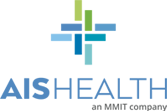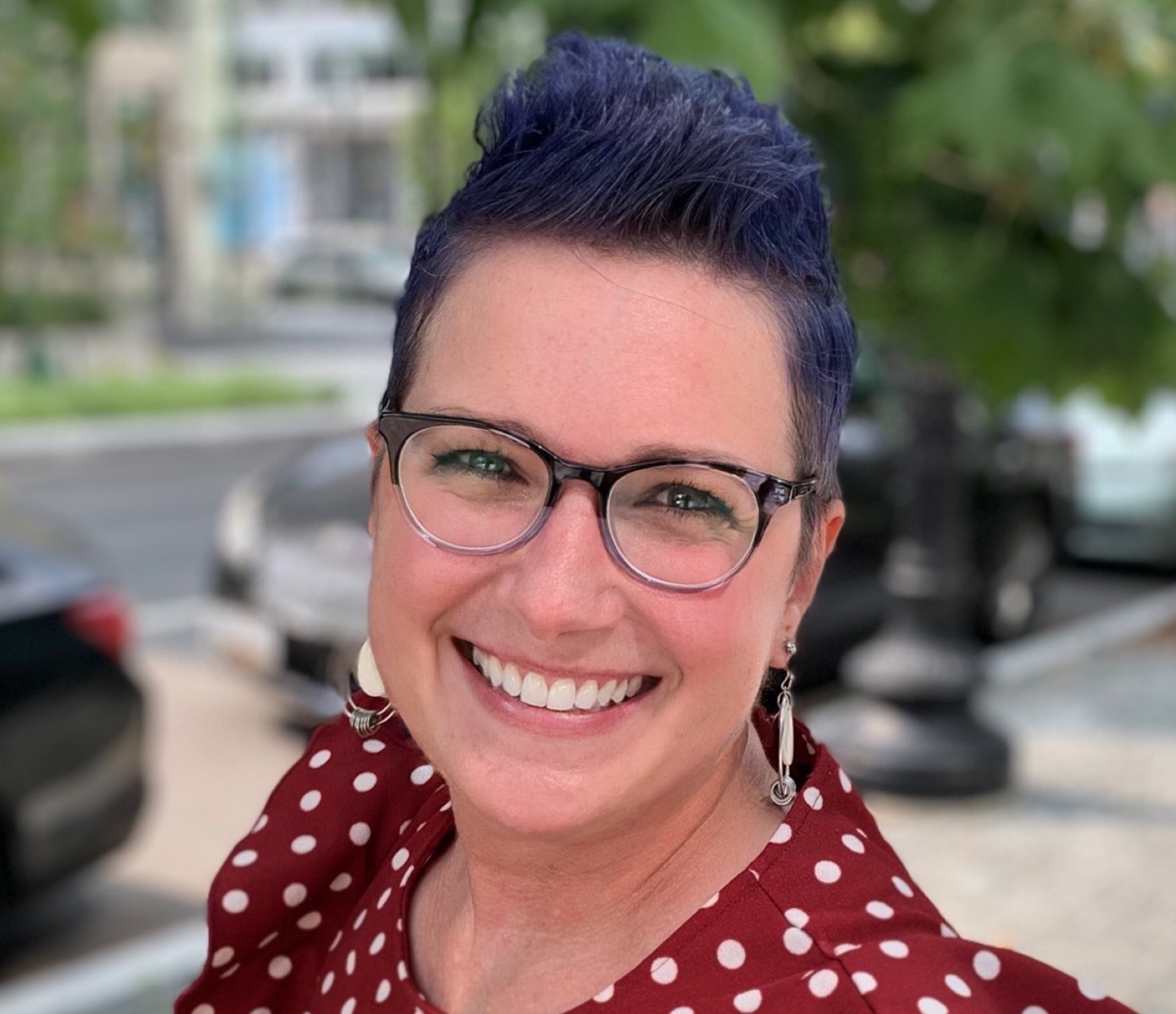Radar on Specialty Pharmacy
-
New FDA Approvals: FDA Approves AstraZeneca’s Voydeya
March 29: The FDA approved Alexion, AstraZeneca Rare Disease’s, Voydeya (danicopan) as an add-on therapy to ravulizumab (currently available as the company’s Ultomiris) or eculizumab (currently available as the company’s Soliris) for the treatment of extravascular hemolysis in adults with paroxysmal nocturnal hemoglobinuria. The agent is a first-in-class factor D inhibitor, and it has breakthrough therapy designation. Initial dosing for the tablet is 150 mg three times a day, which can be increased to 200 mg three times a day. Drugs.com lists the price of 180 50 mg-100 mg tablets as more than $4,359.
April 5: The FDA expanded the patient population of AstraZeneca’s Fasenra (benralizumab) to include the add-on maintenance treatment of people aged 6 to 11 with severe asthma with an eosinophilic phenotype. The agency first approved the interleukin-5 receptor alpha-directed cytolytic monoclonal antibody on Nov. 14, 2017. Dosing for the newest indication for pediatric patients weighing less than 35 kg is 10 mg via subcutaneous injection every four weeks for the first three doses and then once every eight weeks; for those at least 35 kg, dosing is 30 mg every four weeks, followed by once every eight weeks. The list price for one 30 mg/mL solution is $5,511.41.

-
News Briefs: Fresenius Kabi Launches First Actemra Biosimilar
Fresenius Kabi AG launched Tyenne (tocilizumab-aazg), the first biosimilar of Roche Group member Genentech USA, Inc.’s Actemra (tocilizumab) to become available in the U.S., the company revealed April 15. The FDA approved the interleukin-6 inhibitor on March 5 in both intravenous and subcutaneous formulations, making it the only Actemra biosimilar approved so far in both. On Sept. 29, 2023, the FDA approved Bio-Thera and Biogen Inc.’s Tofidence (tocilizumab-bavi) as an intravenous formulation only. Fresenius says Tyenne is available now in an intravenous formulation. The agents are approved for several autoimmune conditions.
Sandoz reached an agreement with Amgen Inc. resolving all patent litigation related to denosumab, Sandoz revealed April 30. The FDA approved Sandoz’s Jubbonti (denosumab-bbdz) and Wyost (denosumab-bbdz) on March 5 as biosimilar to and interchangeable with Amgen’s Prolia (denosumab) and Xgeva (denosumab) for all of their indications. They are the first FDA-approved denosumab biosimilars. The agreement will allow the agents to launch on May 31, 2025, or earlier “under certain circumstances if customary acceleration provisions are triggered.”

-
Budgets Propose Eliminating Interchangeability Status for Biosimilars
When then-President Barack Obama signed the Affordable Care Act (ACA) into law on March 23, 2010, he established the 351(k) biosimilar pathway via the Biologics Price Competition and Innovation Act (BPCIA), which amended the Public Health Service (PHS) Act. Since then, the FDA has approved almost 50 biosimilars, with nearly one fifth of those gaining interchangeable status. That distinction, however, has been increasingly under fire, most recently in President Biden’s fiscal year (FY) 2025 budget, which proposes eliminating the interchangeability designation entirely. That could help boost uptake of biosimilars, resulting in prescription drug savings, say some industry experts.
In contrast to the EU, whose European Medicines Agency (EMA) and the Heads of Medicines Agencies (HMA) clarified in September 2022 that all biosimilars approved in the EU are interchangeable, the FDA has created two levels of biosimilars: biosimilars and interchangeable biosimilars.

-
Final 2025 NBPP Addresses Copay Maximizers, Is Silent on Accumulators
While CMS has thus far declined to take action on companies using copayment accumulators, the agency is moving forward to prohibit the use of a similar type of program, it revealed in the final 2025 Notice of Benefit and Payment Parameters (NBPP). Still, the rule — at least at this point — applies only to certain plan sponsors, and it is unclear how manufacturer patient assistance ultimately will be treated.
Several years ago, health plans and PBMs began implementing copay accumulators to counter manufacturer copay assistance programs. A next-generation version of these tools known as copay maximizers soon followed.
Before these tools, manufacturer assistance would count toward beneficiaries’ annual out-of-pocket expenses. When those out-of-pocket maximums were reached, health plans would cover the remainder of members’ costs for the year.

-
CarelonRx Gains Scale, Limited-Distribution Contracts Via Kroger Specialty Pharmacy
The Kroger Company recently revealed that it had entered into a definitive agreement to sell Kroger Specialty Pharmacy to CarelonRx, a subsidiary of Elevance Health, Inc, formerly known as Anthem, Inc. The deal, say industry experts, allows Kroger to focus on retail pharmacy while bringing scale and coveted limited-distribution contracts to CarelonRx as it seeks to establish a stronger footing within the specialty space.
Unveiled March 18, the deal is expected to close in the second half of this year. It does not include Kroger’s in-store retail pharmacies and The Little Clinics. CarelonRx, formerly known as IngenioRx, operates within Carelon, Elevance’s health care services brand that serves one in three people across 50 states.


The Latest
Meet Our Reporters
Meet Our Reporters


















